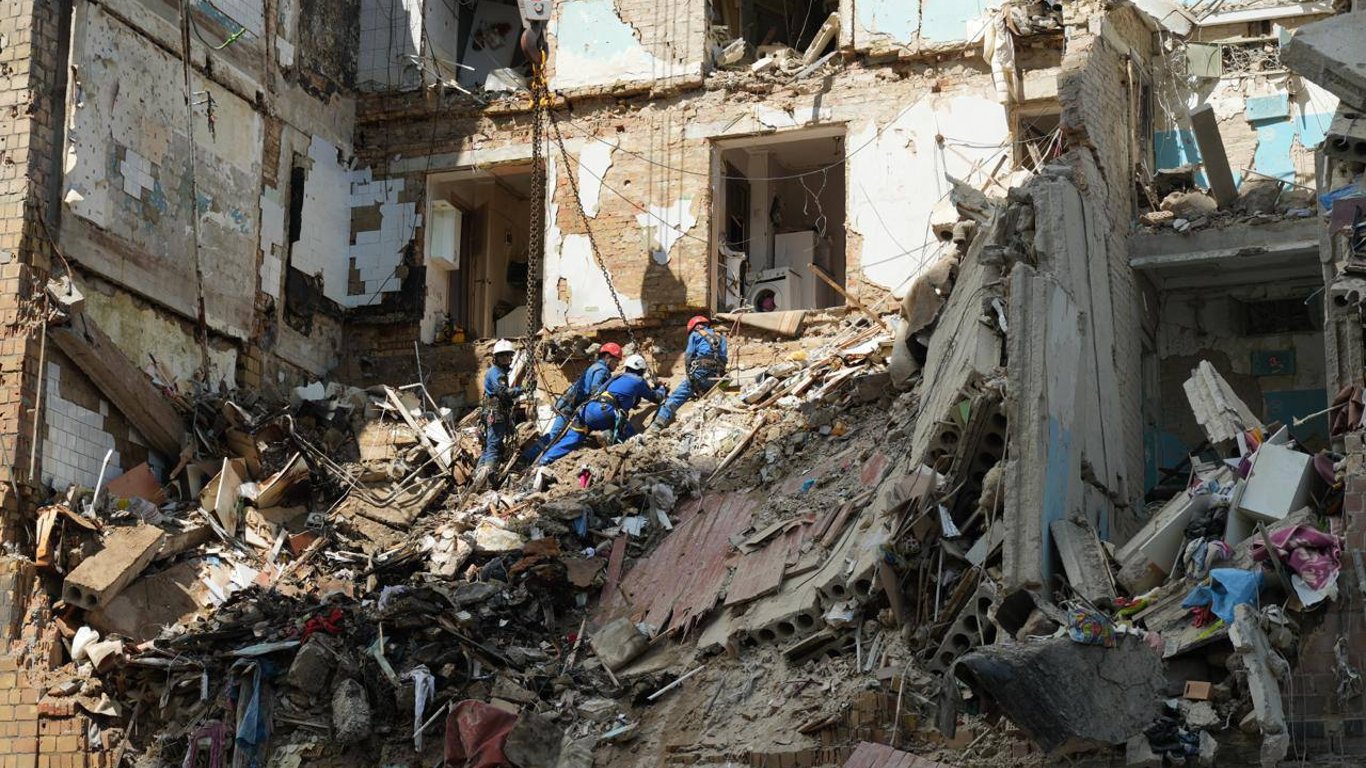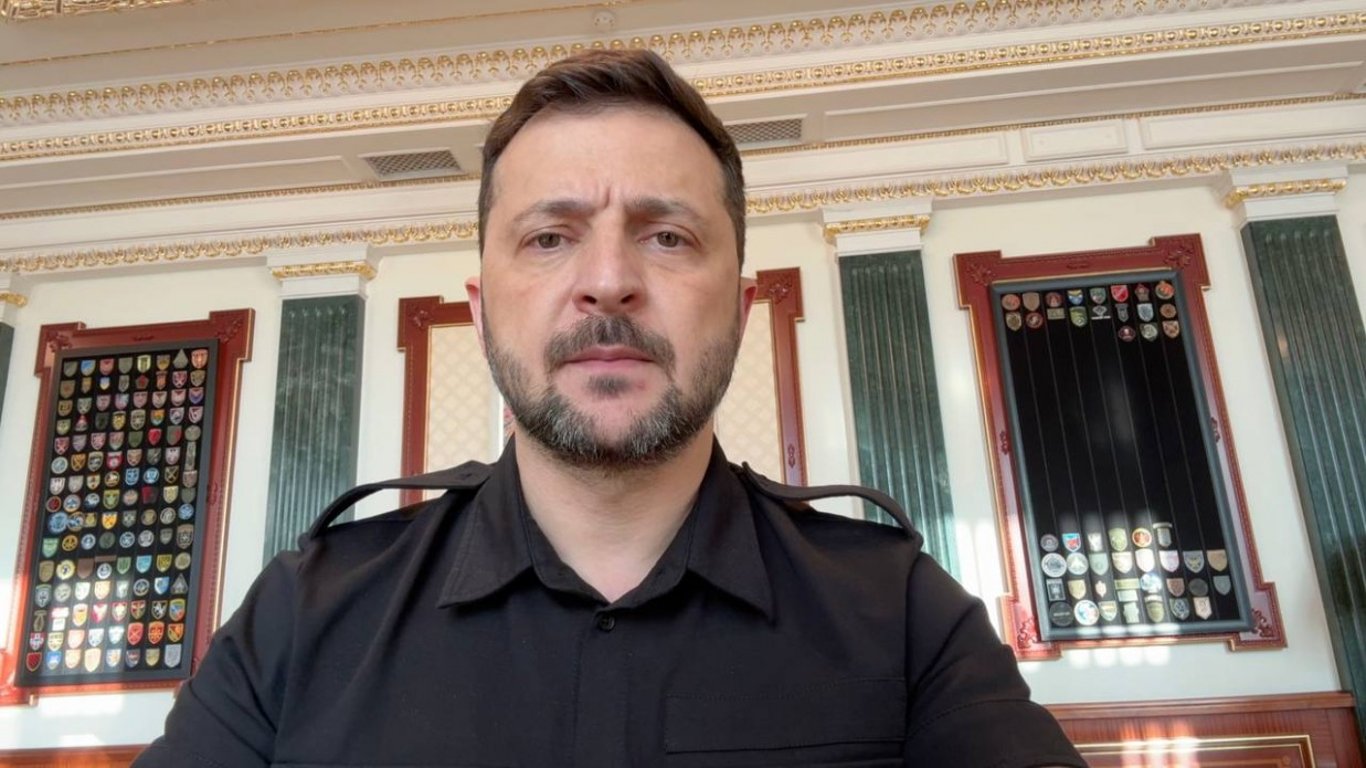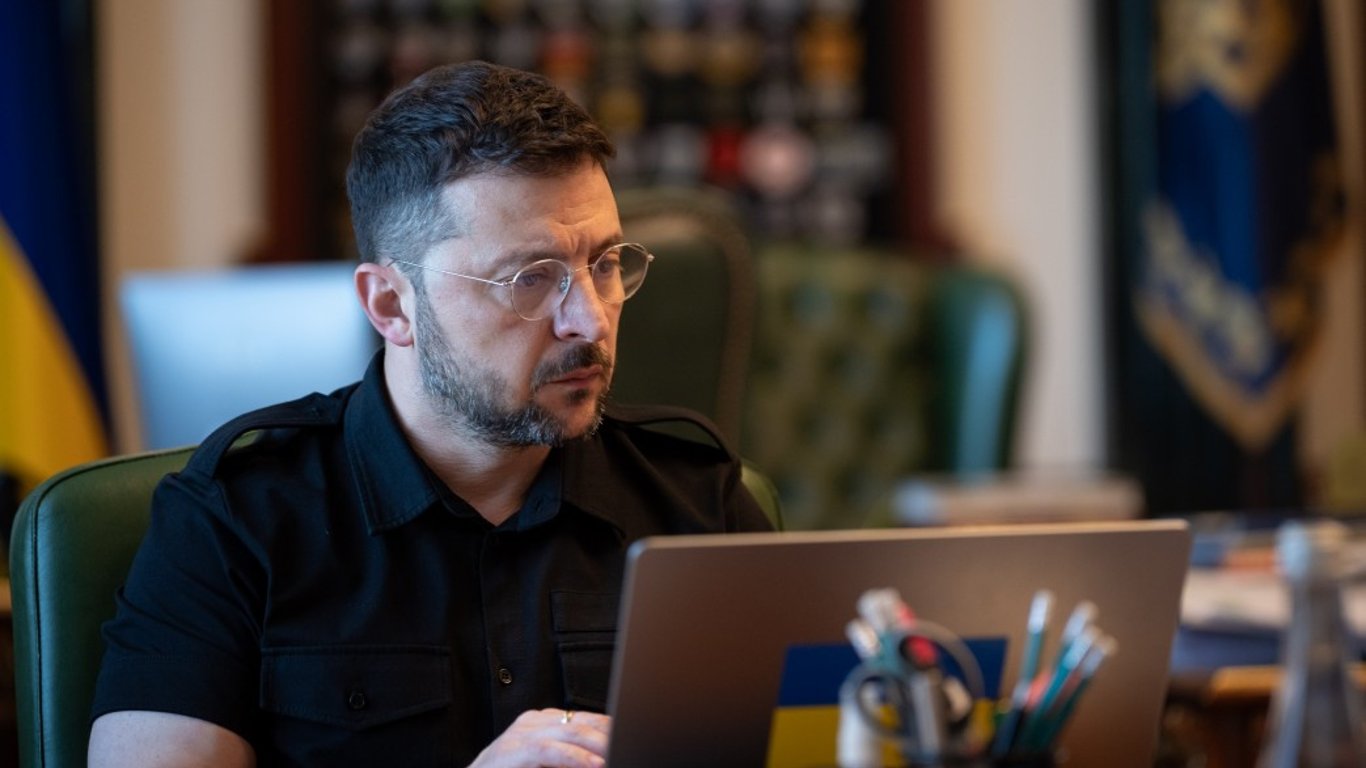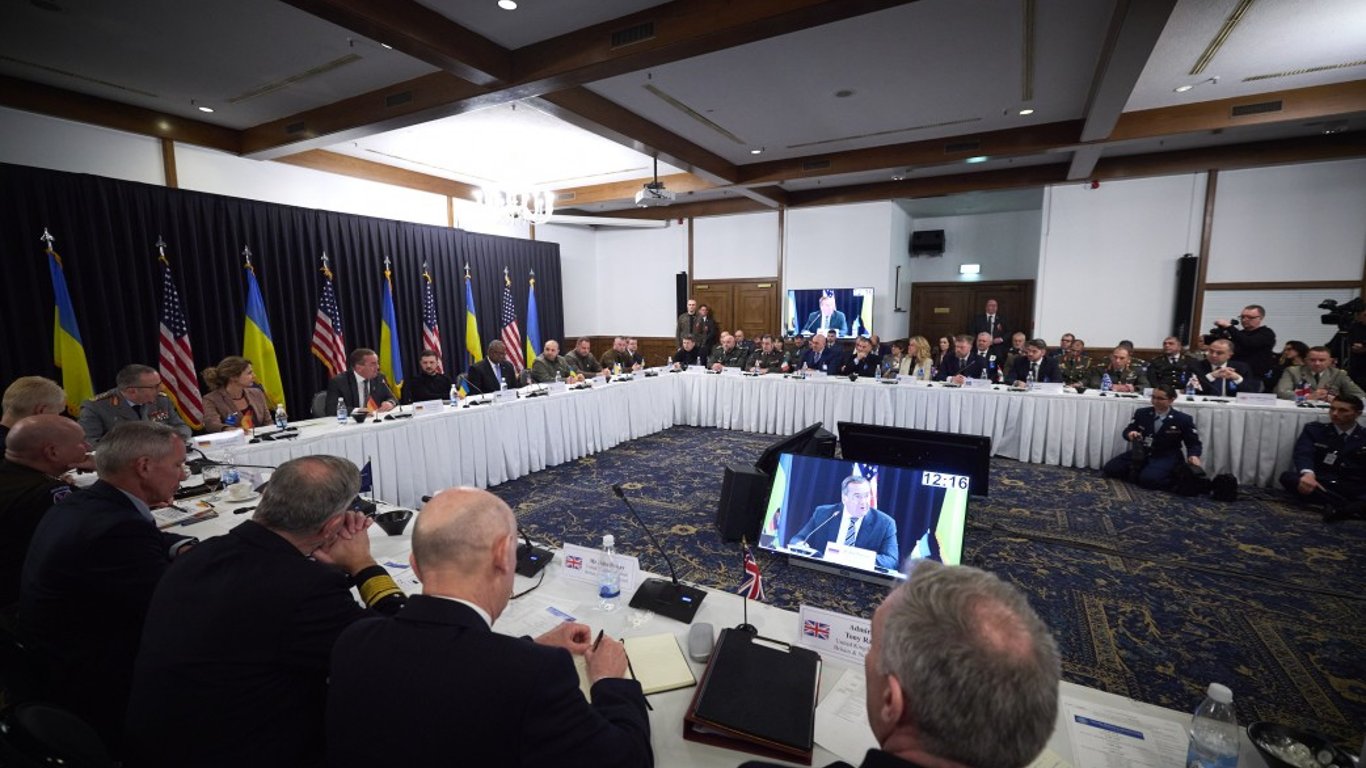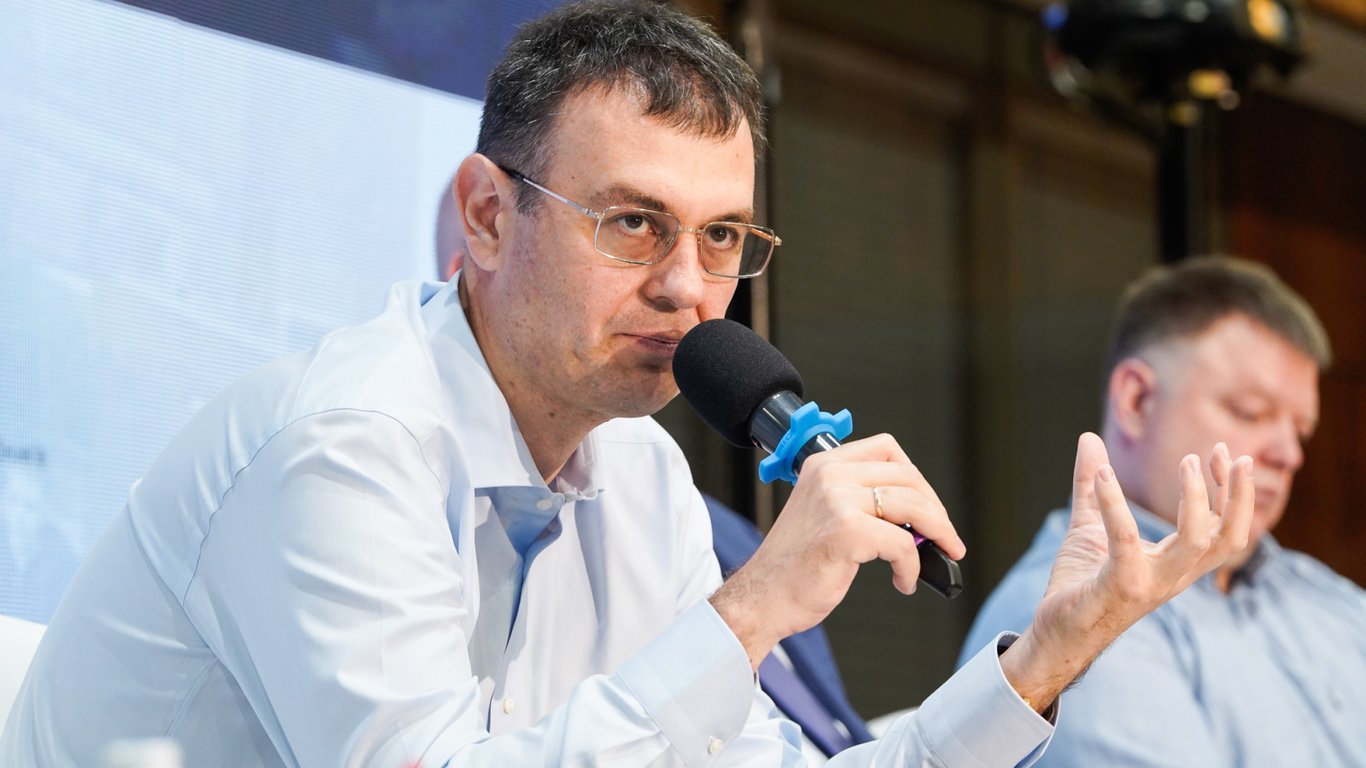Experts assessed whether Russia has enough resources for a prolonged war.

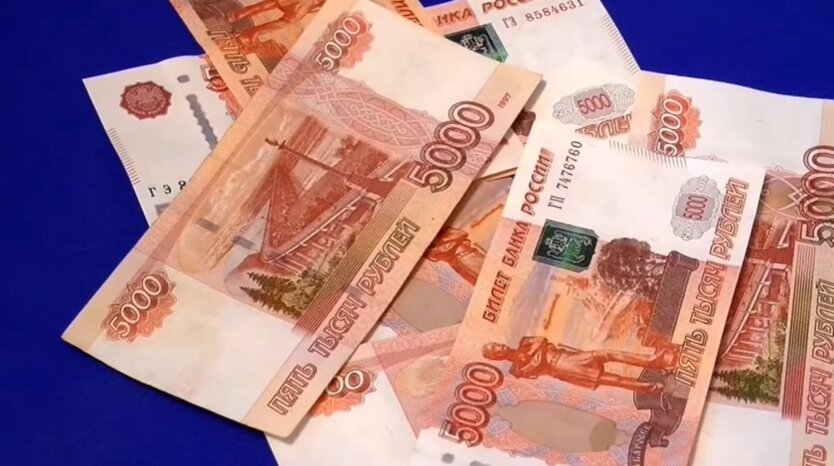
In October 2024, inflation in Russia was 8.5%. Experts claim that this figure is significantly understated. The head of the Central Bank of the Russian Federation Elvira Nabiullina noted that the key rate may be raised to 23%. The Central Bank has raised the rate six times over the past two years.
Analysts believe that Russia's resources will be insufficient for a prolonged war. The real estate market is declining due to sanctions and inflation, apartments will not be sold, and construction will stop.
The standard mortgage market in Russia is effectively becoming inaccessible due to the hike in the key rate to 21%. Interest rates on mortgage loans have surged to 25-40%. The Kremlin is forced to make unpopular decisions, including cutting payments to injured soldiers by 30 times.
A high key rate adversely impacts industry and business. The budget of the Russian Federation foresees record expenditures on the army and the military-industrial complex, but businesses are not receiving funding.
Experts claim that such a high level of the rate is painful for industry and business. The Russian economy is unstable, and rising consumer prices alongside declining real incomes pose a problem.
Russia is likely accumulating debt too quickly and losing independence. According to ISW data, the Kremlin will not be able to sustain prolonged military actions for many years and decades. Continuous support for Ukraine on the battlefield will amplify Russia's economic troubles.
Read also
- Strike on Kyiv — media were not allowed at the site in the Shevchenkivskyi district
- Plans of the Russian Federation and local drone production — address by Zelensky
- Zelensky after the meeting with Umerov promised changes in defense
- It became known when the next meeting of 'Ramstein' will take place
- Hetmancev answered whether the state should finance insurance
- Payments before Independence Day — who among combatants will receive aid in 2025
